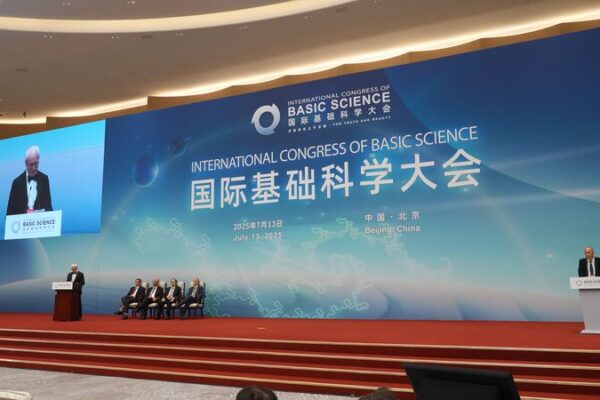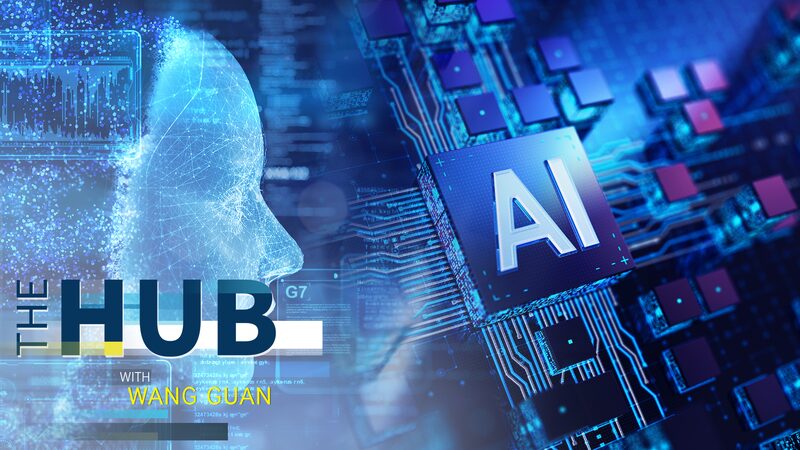Technological innovation is advancing at a lightning pace, reshaping our understanding of science and research. Emerging technologies like artificial intelligence (AI), 5G, and blockchain are not only transforming industries but also fostering unprecedented global collaboration among scientists and researchers.
Recent developments hint at new research paradigms on the horizon. With AI experts receiving significant recognition, it’s clear that technology plays a pivotal role in scientific breakthroughs. These advancements are breaking down barriers and prompting us to rethink how we collaborate across borders.
One standout innovation is federated learning (FL), a distributed machine learning framework that allows multiple institutions to work together without sharing raw data. By interacting through intermediate model parameters, FL balances data sensitivity with the need for collective analysis, making it a valuable tool for international cooperation.
The rollout of communication technologies like 5G and the upcoming 6G has provided high-speed, low-latency data transmission, opening more opportunities for global partnerships. Technologies such as virtual reality, the metaverse, and digital twins are becoming integral in multinational projects, enhancing industrial production and research across countries.
Blockchain technology also plays a crucial role by offering tamper-resistant and trustworthy data sharing. Its decentralized nature facilitates transparent and secure collaborations, enabling the creation of global research resource-sharing platforms that promote fairness and efficiency.
Efforts to promote global technological collaboration are evident worldwide. The Chinese government, for instance, has established scientific and technological cooperation with over 160 countries and regions, signing numerous agreements to advance shared innovation. Initiatives like the Belt and Road have further propelled scientific partnerships, highlighting the importance of working together in the face of rapid technological change.
Recognizing and harnessing these emerging technologies is essential for advancing global scientific development. By embracing innovation and collaboration, the global community can work toward solutions that benefit everyone.
Reference(s):
cgtn.com








